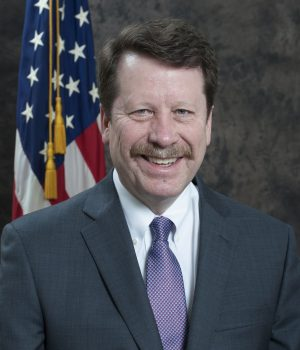
The review of the US Food and Drug Administration's (FDA) Center for Tobacco Products (CTP), identified numerous problems, in response to which a plan of action has just been announced.
In July 2022, FDA Commissioner Robert Califf announced a review of its CTP department. “I have discussed this evaluation with the relevant leadership of these centers and offices, all of whom welcome the opportunity to work towards organizational excellence,” he said in a press release.
The review was conducted by partnering nonprofit, The Reagan-Udall Foundation, in collaboration with a number of unnamed experts with the aim of assessing the “processes and procedures, resourcing, and organizational structure” for the foods program and the CTP.
The foundation said that the CTP “has a critical mission to protect the public health from tobacco-related disease and death and is regulating products that have no inherent benefit and huge societal costs, it is a government regulatory program with a duty to run efficiently, fairly, and transparent.”
Subsequently, the panel carrying the audit reported a lack of clarity and transparency, as well as internal communication issues. Moreover they found that the CTP is not equipped to face the workload that comes with the PMTA process and other regulatory oversights they have been tasked with.
“The almost 40-page report highlighted that Reagan-Udall was “unable to identify a current comprehensive plan that clearly articulates CTP’s priorities, direction for the future, and its near-term and longer-term goals and objectives.” Its sweeping suggestions included improving communications and transparency, perhaps through a potential public meeting; adopting methods to allow more stakeholder input; developing clearer frameworks for “high-quality” marketing applications for nicotine products, and increasing “use of the Tobacco Products Scientific Advisory Committee (TPSAC),” an advisory panel that could help guide the center,’ explained Filter.
Califf asks for a user fee agreement
To this effect, Commissioner Califf is urging Congress to approve a user fee agreement with the e-cigarette industry, in order to cover the costs of the workload caused by it. “To achieve these goals, we need to have the appropriate resources to hire and retain staff with the skills needed to effectively meet our public health mandate around tobacco,” he said.
Moreover Califf has announced plans for better communication and transparency on product reviews, increased use of the tobacco advisory committee and intra-agency meetings on enforcement.
